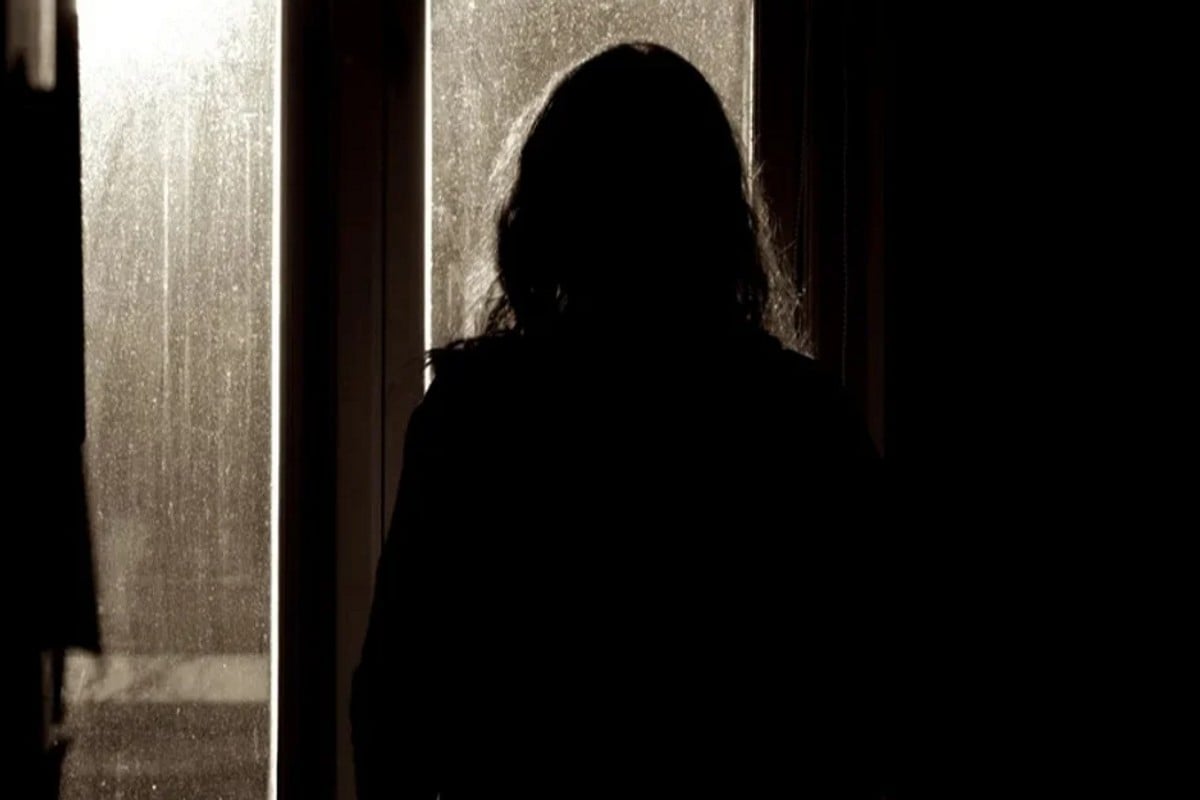
If you want to support independent women's media, become a Mamamia subscriber. Get an all-access pass to everything we make, including exclusive podcasts, articles, videos, and our exercise app, MOVE.
Women who are killed don't even make the headlines anymore. 48 women have been killed in 2025. Yet Australia stays silent. Women continue to be killed by men they knew. Yet, there's no outrage.
On August 23, Carra Luke, 48, died after suffering "significant stab wounds" at a home in Taigum in Brisbane's north. A man known to her, reportedly her former partner, was charged with domestic violence murder and entering a dwelling with intent to commit a domestic violence offence.
On August 20, a 30-year-old woman was found critically injured in a home in Bassendean in Perth's northeast and died in hospital. A 32-year-old man, identified by media as her partner, a conspiracy theorist podcaster, was charged with murder.
The day before, a 32-year-old woman was allegedly killed by her former partner in Cobram in Victoria's north.
On August 18, Summer Fleming, 20, was found dead at a home in Rutherford in the NSW Hunter Valley. A 31-year-old man, reportedly her partner, was charged with murder.
On August 10, before 8am, 38-year-old Zoe Walker was found dead in her home in Upper Ferntree Gully. A 46-year-old man, from the same suburb and reportedly known to Zoe, was arrested at the scene.
Watch: Women And Violence: The Hidden Numbers. Post continues below.




























































































